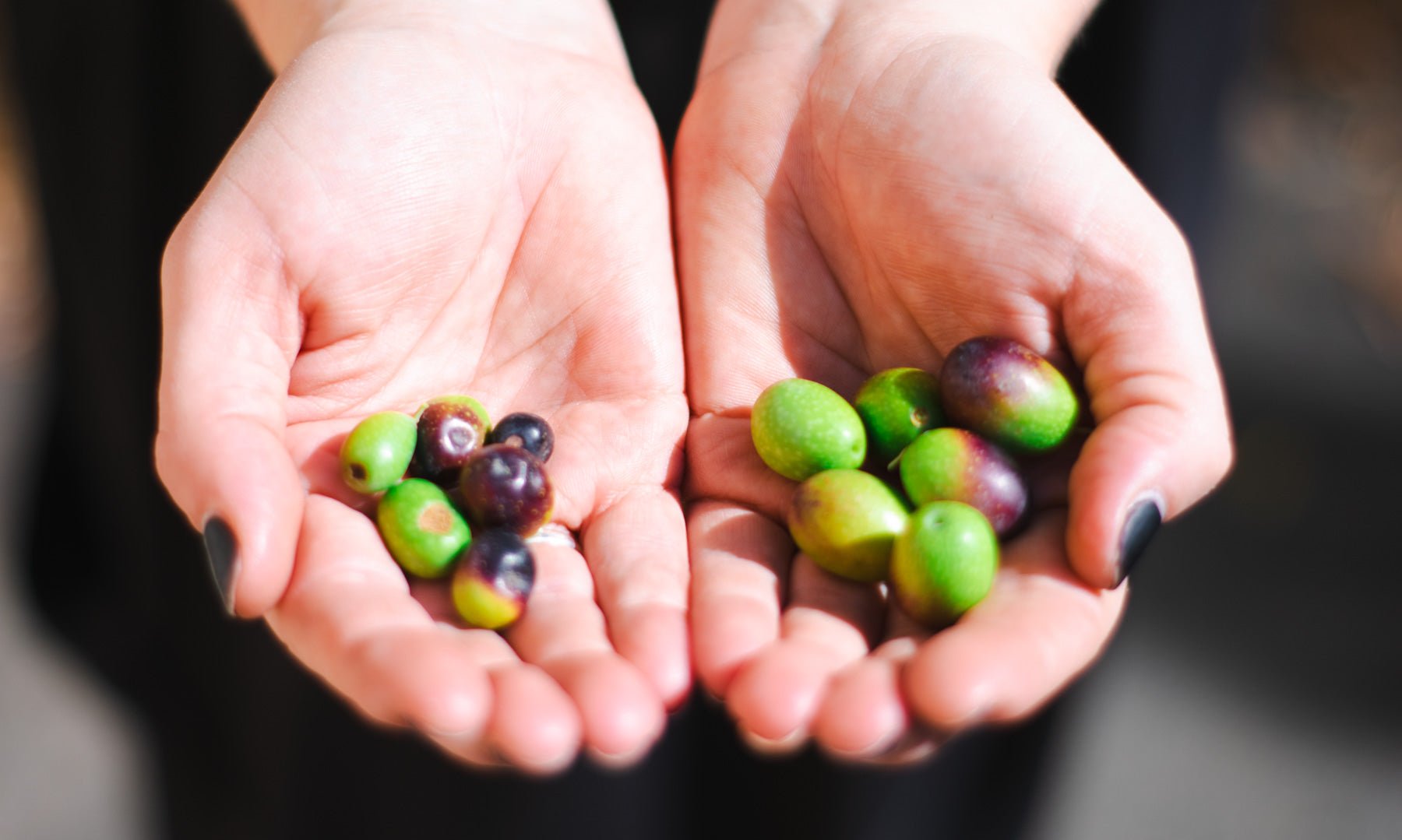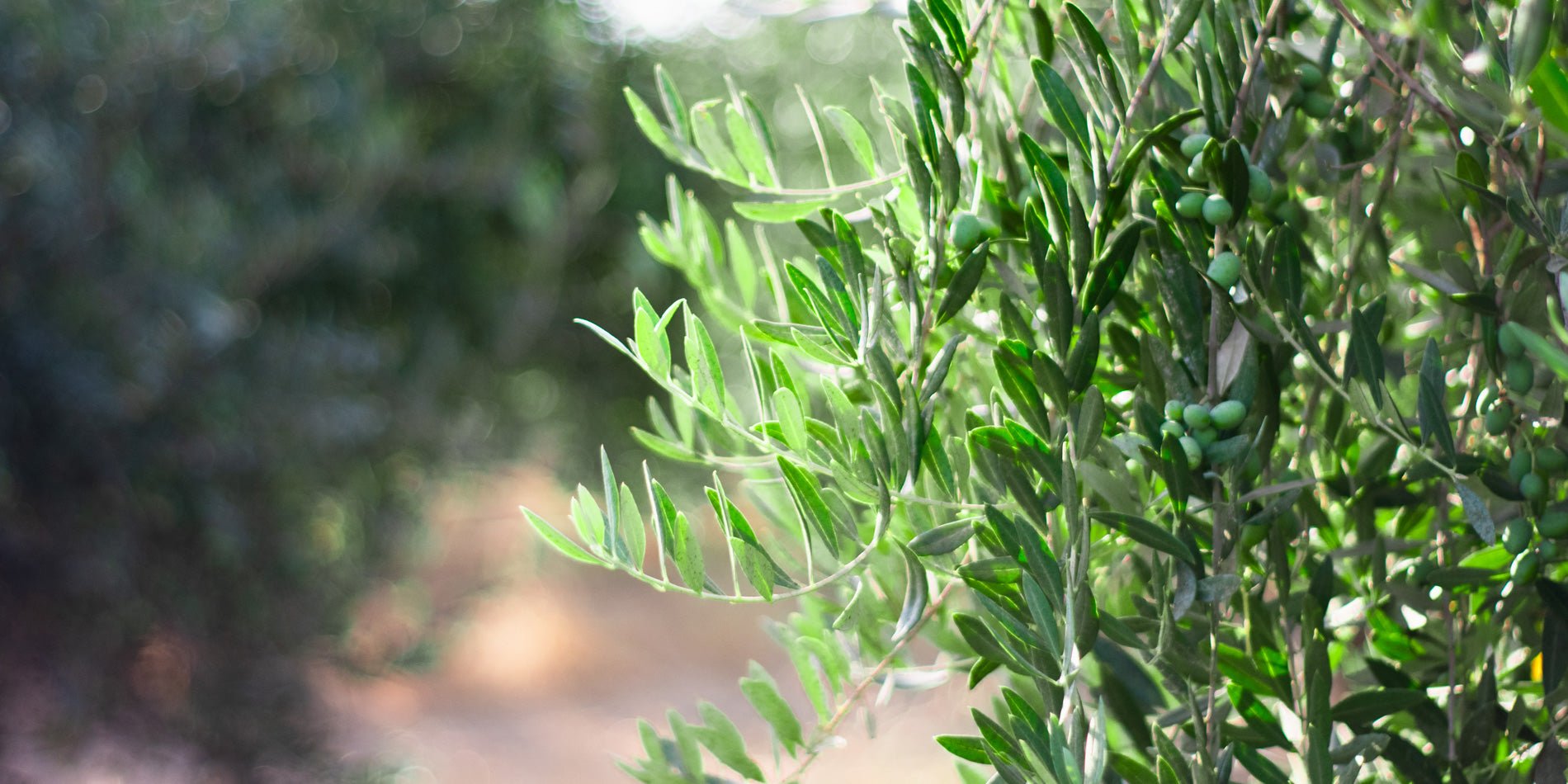Do Our Olive Oils Contain Phthalates? Here's What You Should Know
Phthalates are a legitimate concern when it comes to food-grade oils, cold pressed olive oil in particular is prone to absorbing chemicals from packaging and plastics used in storage and handling. We don’t currently test for phthalates, but I’ve taken a close look at every part of our process to assess where risk might come from, and I feel confident that exposure is not an issue.
Here’s a breakdown of our packaging and handling practices:
-
Long-term storage is done exclusively in stainless steel tanks —inert and ideal.
-
We package primarily in glass , and our pour spouts are made from TPE (thermoplastic elastomer), which does not contain phthalates.
-
If you're ordering a 3L pouch, I contacted the manufacturer (AstraPouch) directly and confirmed their materials are phthalate-free.
-
Occasionally, we store small amounts of oil, usually Olio Nuovo We do occasionally store small quantities of oil in the 55 gallon drums (mostly our Olio Nuovo, in between milling and bottling) but this is usually less than a week, and these food grade HDPE drums do not contain Phthalates. It is common for phthalates to be used in HDPE water bottles to add flexibility, but this is not the case with our drums, which are designed to be rigid.
-
Our plate filter uses polypropylene plates, which do not contain phthalates.
-
All hoses used in handling are lined with EPDM or silicone, both of which are safe materials for oil contact. We have used vinyl/PVC hoses for short runs on our bottling line in the past, but oil degrades them and they quickly become rigid. We’ve phased them out entirely.
In short, while we don’t test for phthalates in the lab, we’ve deliberately chosen materials throughout our process that avoid the need for them in the first place.
We wrote this blog in response to a customer's question about Phthalates, if you have questions or want to know more, feel free to reach out! We're always happy to chat and if a topic intrigues us, we'll look into it. Another common question is about Polyphenol Rich Olive Oil, which we have a lot of information on throughout the website.






